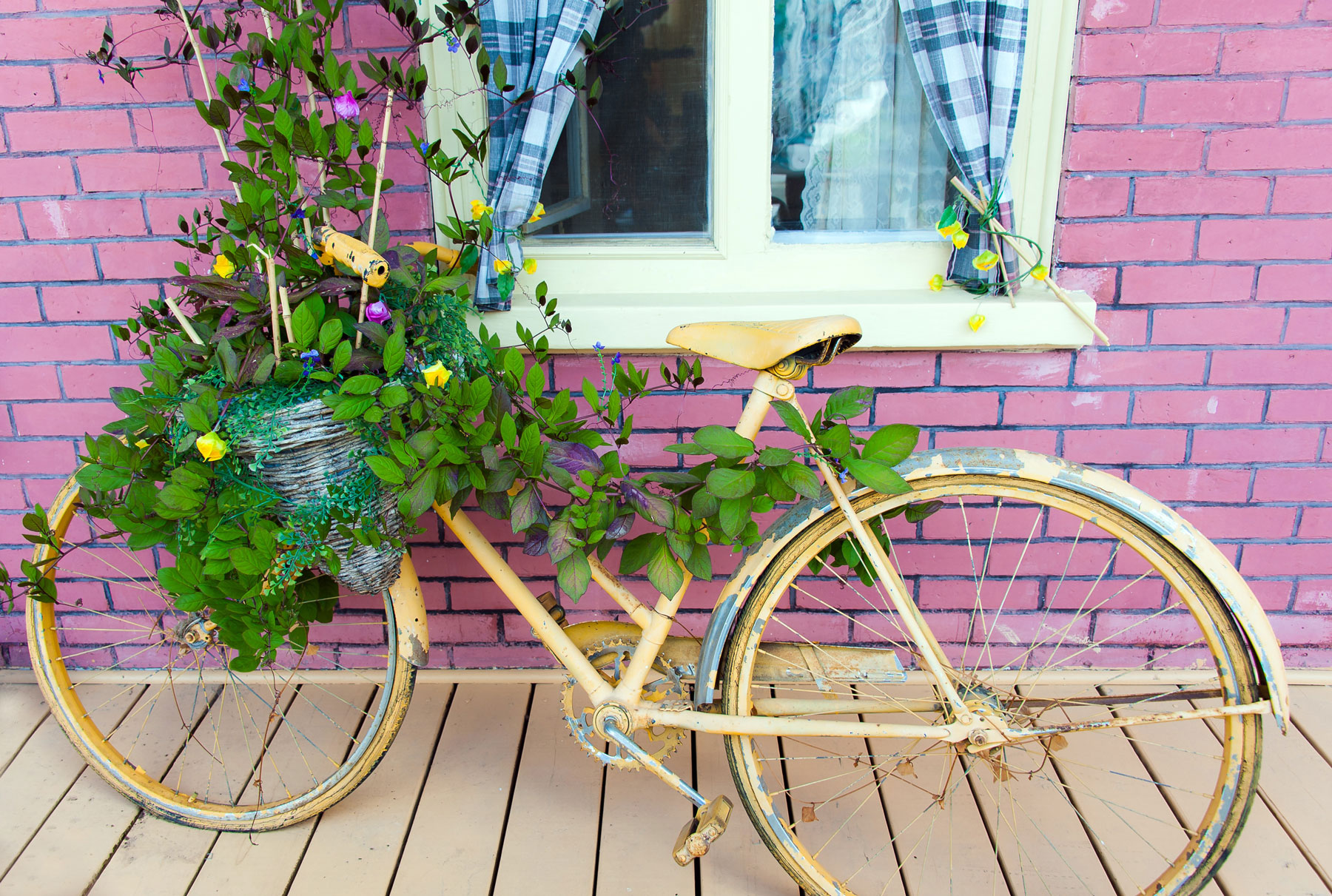There’s nothing more satisfying to me—and I imagine others—than repurposing an old item. Not only does it feel great to reuse or recraft something rather than tossing it away and letting the landfill deal with it, but often these upcycled gems look far cooler than new products. Plus, they come with a story. As upcycling continues to gain momentum, I hope more outdoor companies go along for the ride.
Feel-good upcycling is just plain good for brands because it complements the macro trends of corporate social responsibility (CSR) and conscious capitalism. We already know that the future of business is going to be the intersection purpose and profit, with the first leading the way. Statistics are showing that “conscious” businesses vastly outperform traditional companies, as consumers are increasingly drawn to brands that:
- create both social value and well-being internally and in the community
- support local trades and the “maker” movement
- leverage authentic storytelling over old-school sales tactics
Any brand that wants to remain attractive to increasingly discerning consumers will need to find new ways to incorporate corporate social responsibility into their business model. Why? Because when the quality and price of the product or service appears similar, “new” customers, led by millennials, are choosing brands that demonstrate they care about community over those that don’t.
I see upcycling as one slick purpose-before-profit slant. It’s a natural fit for outdoor brands and campaigns that want to tie into the environmental and sustainability elements of conscious capitalism. And consumers are eating it up, drawn to the progressive aspect of purchasing something old that is given new life, as well as the quirky DIY aspect of upcycled goods made popular by social networks like Pinterest. Companies can take this program a step further by:
- tying in a giveback program for the purchase of every upcycled item
- telling a story about the makers and the recycled gear
- building brand loyalty by turning “buyers” into followers
For companies that may not have the know-how or capacity to institute an upcycling program or product line, there are organizations like Eco Brands Group, which parents two longtime upcyclers of bike tubes, climbing ropes, wetsuits, tents and event banners—Green Guru Gear and Ecologic Designs. The niche makers produce products for clients including Patagonia, CLIF Bar, People For Bikes and New Belgium Brewing. Extending its reach and diversity, Eco Brands recently snatched up Seattle-based Alchemy Goods, a small recycled-products manufacturer that has upcycled over 500,000 bike tubes. AG sells to consumers, but also develops custom upcycled items for companies such as Trek and Whole Foods.
This mini network of upcyclers is an excellent example of how partnering with makers can build community—and brand—with a multi-pronged approach to corporate responsibility strategy. Outsourcing the creation and implementation of upcycled items takes the burden off small businesses and lets each company focus on what they do best—while simultaneously furthering social capital.
Upcycling partnerships are just one illustration of how outdoor brands can institute more visible displays of corporate responsibility. The applications for CSR are infinite—limited only by our imagination and creative drive. How is your company putting purpose before profit?

